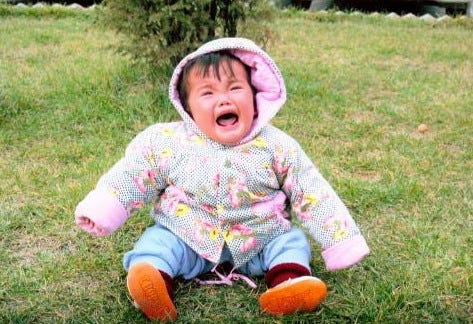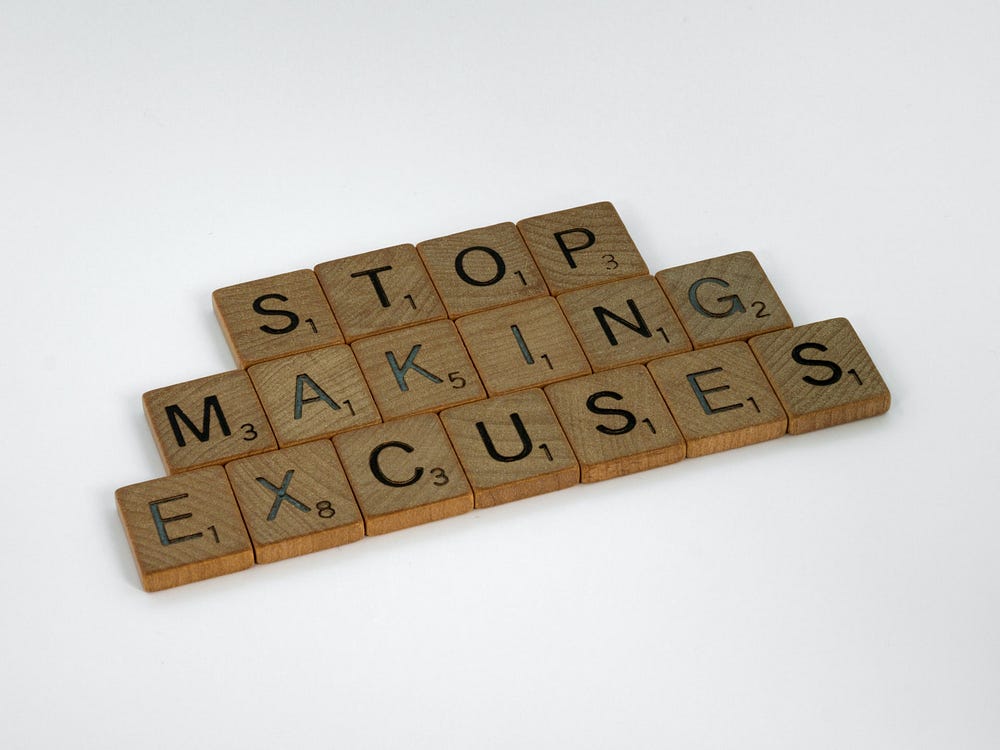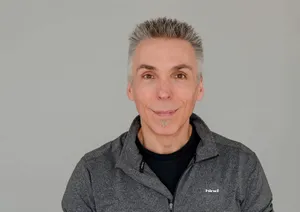We adopted our first child in 2010 — a darling two-and-a-half year-old girl from China with a round little face, an amazing smile… and a scream that could shatter plate glass.

She was the most tiny and beautiful and terrifying thing on the planet. Not just because I was clueless about being a parent, but because she had Spina Bifida, a disease we knew next to nothing about when deciding to adopt her.
No parent wants to have to admit that their child has limitations or a “defect,” but in this case we didn’t have the comfortable luxury of denial. While we didn’t know what challenges she would face as she grew up we did know this: we were told she would never walk.
Fortunately, no one told her.
When the naysayers “nay’ed,” she “yes way’ed” and was walking unassisted before her third birthday. Her entire life, she has been oblivious to limitations and ignorant of boundaries — smashing barriers she didn’t even know existed and surprising everyone along the way.
My daughter is my hero.
This week is the 32nd anniversary of the Americans with Disabilities Act (ADA), and July 26 is “National Disability Independence Day” — a federally recognized day celebrating the 1990 signing of the ADA by President George H.W. Bush.
For me, watching not only my daughter but anyone with disabilities overcome seemingly insurmountable obstacles is a reminder that our excuses are often just that: excuses. Stories we tell ourselves to justify our own inaction.
“We have more ability than willpower,” said François de la Rochefoucauld, “and it is often an excuse to ourselves that we imagine that things are impossible.”
 Photo by Brett Jordan on Unsplash
Photo by Brett Jordan on Unsplash
I hear a lot of “exercise excuses” in my line of work. In fact, 3 of 5 Americans regularly make excuses about why they can’t exercise. Sometimes these are legitimate, but usually they are tales about what people imagine they can’t do, or feel they don’t have.
Like “I’m too tired.”
The law of inertia says an object in motion will tend to remain in motion, while an object at rest remains at rest. This is true for people: the more you avoid exercise, the harder it is to get yourself to exercise.
Here’s the thing, though: rather than use up your little remaining stamina, exercise actually boosts your energy levels.
In University of Georgia research, regular low-intensity exercise significantly increased energy levels and reduced fatigue. Even if you’re “overworked,” the science clearly shows that moving helps you feel energetic — while also improving sleep, which can leave you even more rested when the alarm goes off.
So ditch the canned wake-me-up beverages: simply walking around the block a few times or spending 20 minutes on an exercise bike first thing in the morning gives you a better daily boost than that “energy” drink or triple espresso.
As a bonus, not buying those caffeinated beverages every day will keep extra cash in your wallet — which brings me to my next excuse:
“I can’t afford a gym membership.”
Believe it or not, people were exercising long before gyms were even a thing!
There are so many ways to be active without going to the gym, including walking or running, body-weight exercises, at-home exercise DVDs, or free workouts on your favorite video website.
Biking is great exercise! To keep it up year-round, I purchased an indoor bike trainer at a thrift shop for about 20 bucks. With my road bike mounted in the frame, I can pedal away to my favorite streaming shows.
For gym-free workout ideas, visit my website and look for the link to my “At-Home Virtual Workouts,” all of which can be done with no special equipment.
“I don’t have time.”
Many studies have focused on the benefits of 20–30 minutes of exercise — and the data show that as little as 20 minutes significantly benefits your heart, brain, and metabolism.
I’ll be brutally honest here: if you’ve got time to scroll Instagram for 20 minutes, you’ve got time to get out for a walk, or to ride that elliptical you’re currently using as a clothes hanger.
A similar excuse is “I have kids.” This is all the more reason you should be making time! Not only because exercise helps bust stress and improve your emotional stability, but because your health has a direct effect on your children: a child with one obese parent has a 50% chance of becoming obese. With two obese parents, that becomes an 80% chance.
If you want to protect your kids’ health, it’s vital that you protect your own.
There are countless “perfect excuses” to avoid exercise and self-care. When it comes to fitness, though, anything is better than nothing, and consistency is better than perfection. Consistency is another word for “habit.”
Remember, as always, that we don’t decide our future; we decide our habits, and our habits determine our future.
